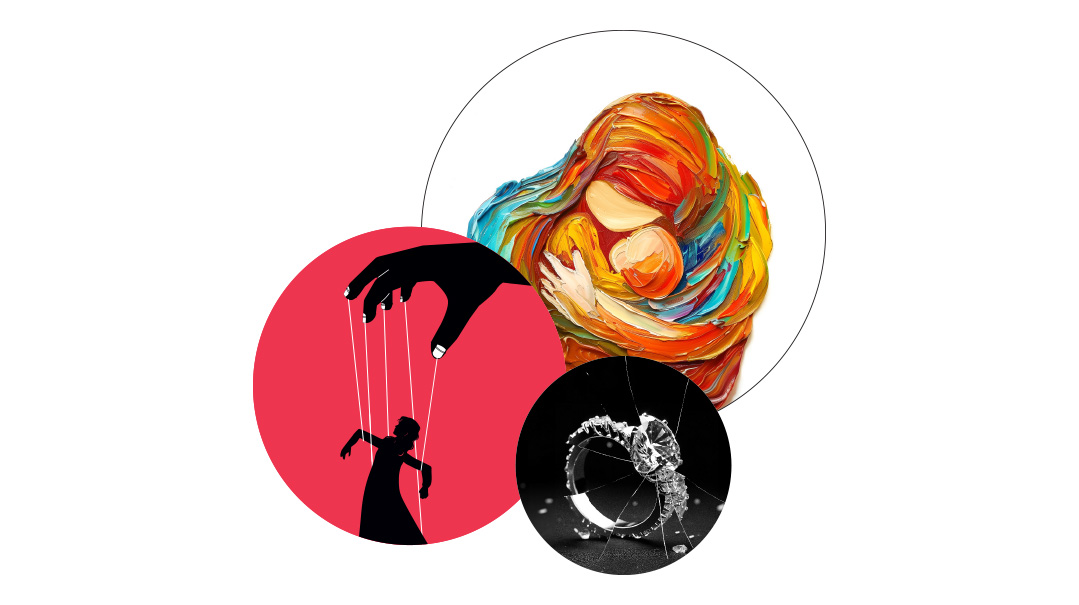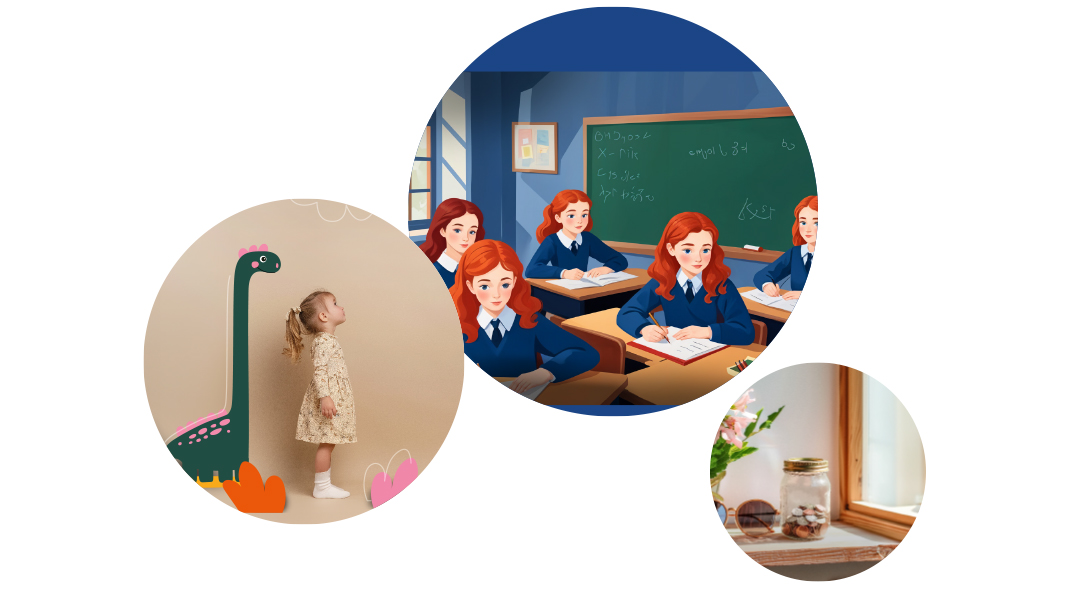Family First Inbox: Issue 886

“How wonderful and exciting to read about someone succeeding in making peace with the pull of these two worlds”

Straddling Two Worlds [On Your Mark / Issue 885]
Wow, what a breath of fresh air! How amazing to read about someone connected to the high-end fashion industry and simultaneously involved in a real relationship with Hashem. When I was younger, I was very taken by the world of high fashion. As I grew in my avodas Hashem, I disconnected from that world, as I felt it got in the way for me. As my knowledge of self is evolving, I have come to my truth: Beautiful, quality, and well-cut clothes aren’t something I can be mevater on. I need “it” to express my inner beauty, and if I don’t give myself that means of expression, I’m stifling a portion of my self. Here begins my journey of straddling these two very disparate worlds: expression of beauty of the physical and beauty of the soul.
How wonderful and exciting to read about someone who is succeeding in making peace with the pull of these two worlds. Your write-up gave me such chizuk! May Hashem be with you on this life journey.
H. Weiss
Brooklyn, NY
Sometimes... [Inbox / Issue 885]
To R.R. from Lakewood: Yes, of course it's not ideal to give children melatonin. One hundred percent agreed.
But we don't live in an ideal world, and as humans (and parents), we are not always in a position to make decisions based on what is perfect and ideal. Melatonin is used not just to "make bedtime easier"; it's to help a child actually fall asleep at a normal hour and get up on time the next day, and think and play and function.
The same way we give them antibiotics to help them stay healthy (even when it affects their good bacteria and overall immune system) and tubes to help them hear (even though that means putting them under general anesthesia), sometimes a parent needs to provide less-than-ideal assistance in order to help their child become their best self.
Do you also find it "horrifying" when parents give their infants Tylenol on a very regular basis throughout the teething years? And how many parents give screen-time as a convenience on a regular basis? (Hmm, are there long-term studies on that?). What about giving MSG-laden snacks and corn syrup-filled treats on a regular basis?
All parents are just trying to do the best they can with the situation they have. Sometimes, you just gotta do what you gotta do.
Leba Freedman
Building a Relationship [The Conversation Continues / Issue 883]
I’m writing in response to the ongoing conversation of women having mentors or rebbetzins they get hadrachah from. I’m in high school and am lucky enough to have formed a close kesher with a couple of teachers. I wanted to share some thoughts about it.
When looking for a mentor, I think people are drawn to different types of people, so follow your gut!
I agree that constantly taking advice feels uncomfortable and maybe even needy, so in a week your mentor helps you, send them something for Shabbos. If it’s more of an ongoing relationship, send a meaningful Chanukah gift. Write them thank-you cards every so often. They’re happy to help, but you’ll feel better about the relationship when you feel like you’re giving back.
Similarly, don’t make the relationship solely about asking advice. Share good news with your mentor.
As for the reader who wrote that she hopes by the time her girls are in high school there will no longer be a stigma around having mentors, I have good news for you. My friends and I agree that our personal relationships with our teachers is one of the best parts.
Hatzlachah!
A High School Senior
Beacons of Light [Real Life / Issue 882]
I’m writing to express my heartfelt admiration for the Reid Family, featured in Family First a few weeks ago, whose unwavering commitment to chesed and service has left an indelible mark on our Jewish community.
The article shed light on their journey, but it barely scratched the surface of their extraordinary acts of kindness, which deserve recognition and praise.
Their dedication to serving Hashem and the Cherry Hill community is truly awe-inspiring. From cleaning the shul together as a family weekly for no charge, to sponsoring every Shabbos, from transforming a decrepit building into a vibrant space for our children’s programming to undertaking all landscaping for the shul with their own resources and labor, their selflessness knows no bounds. Even amid the challenges of homeschooling all of their children while Avy was expecting, their faith remained unwavering.
One act of kindness that particularly resonates is Avy’s simple yet profound gesture of doubling weekday dinners for friends... well, just because.
In a world often overshadowed by negativity, the Reids serve as a beacon of light, reminding us of the transformative power of chesed and unwavering faith. Their actions inspire us to strive for greater kindness, compassion, and devotion in our own lives. Theirs is a legacy that will continue to inspire generations to come.
Malachim? I wonder?
Eve Cantor
An Apology Would Help [Family Connections / Issue 882]
As someone who grew up with an extremely critical parent, I was wondering if I could add my two cents to Sarah Chana Radcliffe’s response that there isn’t a lot a parent can do to rectify the mistakes they made when raising their children. I’d tell the brave mom who sent in the question asking how she could fix the damage she’d done the following:
I believe if my father would truly regret the way he treated me when I was growing up, and ask me for mechilah and mean it, and treat me better from now on, it would be so, so powerful and healing.
I can only speak for myself, but if my father would come and tell me that he was sorry, I would forgive him 100 percent.
Name Withheld
It’s Child Abuse [Out of Control / Issue 881]
The article about mothers who hit their children in anger seemed to validate and almost normalize what is clearly child abuse. In your very pages, the lasting damage to children who are physically abused has been decried again and again.
Why then does it somehow become okay when the perpetrator has a diagnosis?
Yes, you did include Mrs. Radcliffe’s sidebar about the terrible effects. But the article itself, and the letters that were printed in response gave the impression that sympathy must be extended to those who struggle with their anger.
When the Gemara says, “Hameshabeir kli (b'chamaso)... y'hei b'einecha k'oveid avodah zarah,” the intention was a physical vessel. How much more so when an innocent, helpless child is broken by the parent to whom he was entrusted!
B.S.
Lakewood, NJ
(Originally featured in Family First, Issue 886)
Oops! We could not locate your form.







